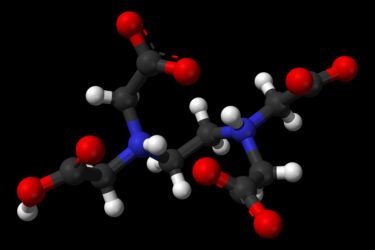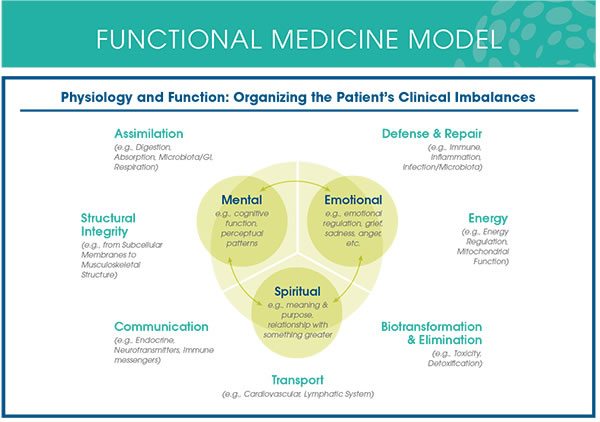Tag: chelation

We finally learn from TACT2 what we should have known two decades ago: Chelation therapy doesn’t work for heart disease
At SBM, we've long argued that chelation therapy for heart disease is quackery. An abstract presented recently finally confirmed that. Why did it take so long?

Chelation Therapy for Autism is Quackery
Chelation therapy for autism is not based on any scientific rationale and what evidence we have shows it does not work, yet it continues to be offered as an "alternative" treatment.

“Detox”: Ritual purification masquerading as medicine and wellness
If the "central dogma" of alternative medicine is that wishing makes it so, one of the most important of the other organizing dogmas of alternative medicine is that "toxins," whether they come from inside or outside, are making us sick and that we can't be healthy until we "detoxify." This is far more a religious belief than a science-based one.

Son of (the unethical and unscientific) Trial To Assess Chelation Therapy rears its ugly head to the tune of $37 million
First, the NCCIH and NHLBI spend $30 million on a clinical trial of quackery for cardiovascular disease that produces predictably negative to at best equivocal results. Then that result, apparently, is enough to justify wasting another $37 million on a followup study—while dozens of other deserving studies go unfunded. Meanwhile STAT News lionizes the principal investigator of both trials as a brave...

Misinterpreting TACT: No, Chelation Does Not Outperform Statins for Heart Disease
Chelation with intravenous EDTA (disodium ethylene diamine tetra-acetic acid) has long been used for heavy metal poisoning. It binds the metal ions and facilitates their excretion from the body. In recent years it has been used for many other indications that are not evidence-based, such as autism and coronary heart disease. The Trial to Assess Chelation Therapy (TACT) was done to assess...
Of the Trial to Assess Chelation Therapy, Bayes, the NIH, and Human Studies Ethics
An experiment is ethical or not at its inception; it does not become ethical post hoc—ends do not justify means. ~ Henry K. Beecher A couple of weeks ago, Dr. Josephine Briggs, the Director of the National Center for Complementary and Alternative Medicine (NCCAM), posted a short essay on the NCCAM Research Blog touting the results of the Trial to Assess Chelation...
The Trial to Assess Chelation Therapy: Equivocal as Predicted
The ill-advised, NIH-sponsored Trial to Assess Chelation Therapy (TACT) is finally over. 839 human subjects were randomized to receive Na2EDTA infusions; 869 were randomized to receive placebo infusions. The results were announced at this weekend’s American Heart Association meeting in Los Angeles. In summary, the TACT authors report a slight advantage for chelation over placebo in the “primary composite endpoint,” a combination...
The Marino Center for Integrative Health: Hooey Galore
Two weeks ago I promised that I would discuss the Marino Center for Integrative Health, identified in the recent Bravewell report as having a “hospital affiliation” with the Newton-Wellesley Hospital (NWH) in Newton, Massachusetts, which is where I work. I also promised in that post that I’d provide examples of ‘integrative medicine’ practitioners offering false information about the methods that they endorse. I’d...
Dummy Medicine, Dummy Doctors, and a Dummy Degree, Part 2.2: Harvard Medical School and the Curious Case of Ted Kaptchuk, OMD (cont. again)
“Strong Medicine”: Ted Kaptchuk and the Powerful Placebo At the beginning of the first edition of The Web that has no Weaver, published in 1983, author Ted Kaptchuk portended his eventual academic interest in the placebo: A story is told in China about a peasant who had worked as a maintenance man in a newly established Western missionary hospital. When he retired...


